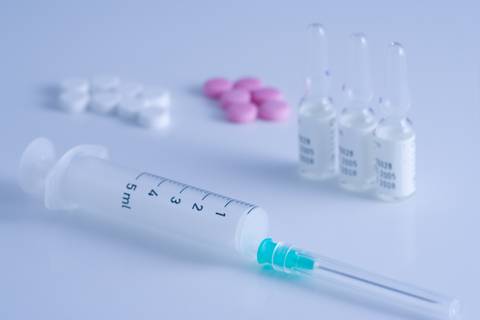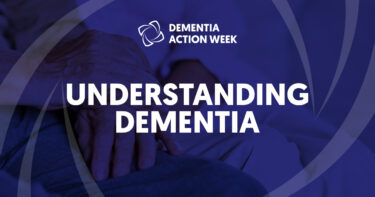
28
May 2019
Stroke patients can safely take aspirin to cut risk of future heart problems
Most strokes are caused by clots in the blood vessels of the brain, but some are caused by bleeds. As aspirin thins the blood, doctors have historically been cautious to prescribe it to cut the risk of further strokes or heart problems, fearing that it could worsen bleeds.
However, recent research undertaken by medical journal The Lancet and funded by the British Heart Foundation, suggests that rather than increasing the risk of bleeds on the brain, it may even lower it.
Although aspirin is commonly used as a painkiller and to bring down a fever, taking a daily low dose is also used to thin the blood to help prevent stroke and heart attacks.
The recent research studied just over 500 patients from throughout the UK who had had a bleed on the brain while taking medication to stop blood clotting, including aspirin, clopidogrel or dipyridamole.
For the study, which took five years to complete, 50 per cent of the patients were chosen to continue with their medication and the remainder were told to stop taking it. During the period of the study, 12 patients who continued to take the medication suffered a brain bleed, compared with 23 of those patients who stopped.
Professor Rutsam Salman, lead researcher, said “At the moment, people do not know what the right thing to do is.
“Doctors are hesitant about giving aspiring or aspirin-like drugs to people who have had this type of stroke.
“UK and European guidelines do not give any recommendation, because there hasn’t been enough evidence.
“I think we have now confirmed safety with these findings. It certainly seems that aspirin is safe enough to give.”
Professor Metin Avkiran from the British Heart Foundation, said “Around a third of people who suffer a brain haemorrhage, also known as haemorrhagic stroke, do so when they are taking an anti-platelet medicine, such as aspirin, to reduce the risk of a heart attack or an ischaemic stroke.
“We now have a strong indication that they can carry on taking these potentially life-saving medicines after the brain haemorrhage without increasing the risk of another one, which is crucial new information for both patients and doctors.”
Chadwick Lawrence’s specialist team of clinical negligence lawyers have years of experience in medical negligence claims, providing support and guidance after life-changing events. Not only do we represent clients in Yorkshire, but because of our reputation we also represent clients nationally.
If you believe that you or a relative may have been injured as a result of clinical/medical negligence, please call for free legal advice from our medical negligence solicitors on the freephone number below.
Posted by Karen Motley, Clinical Negligence Department, Chadwick Lawrence LLP (tonymay@chadlaw.co.uk ), medical negligence lawyers and clinical negligence solicitors in Huddersfield, Leeds, Wakefield and Halifax, West Yorkshire.
Freephone : 0800 304 738
- Like this ? Share with friends





